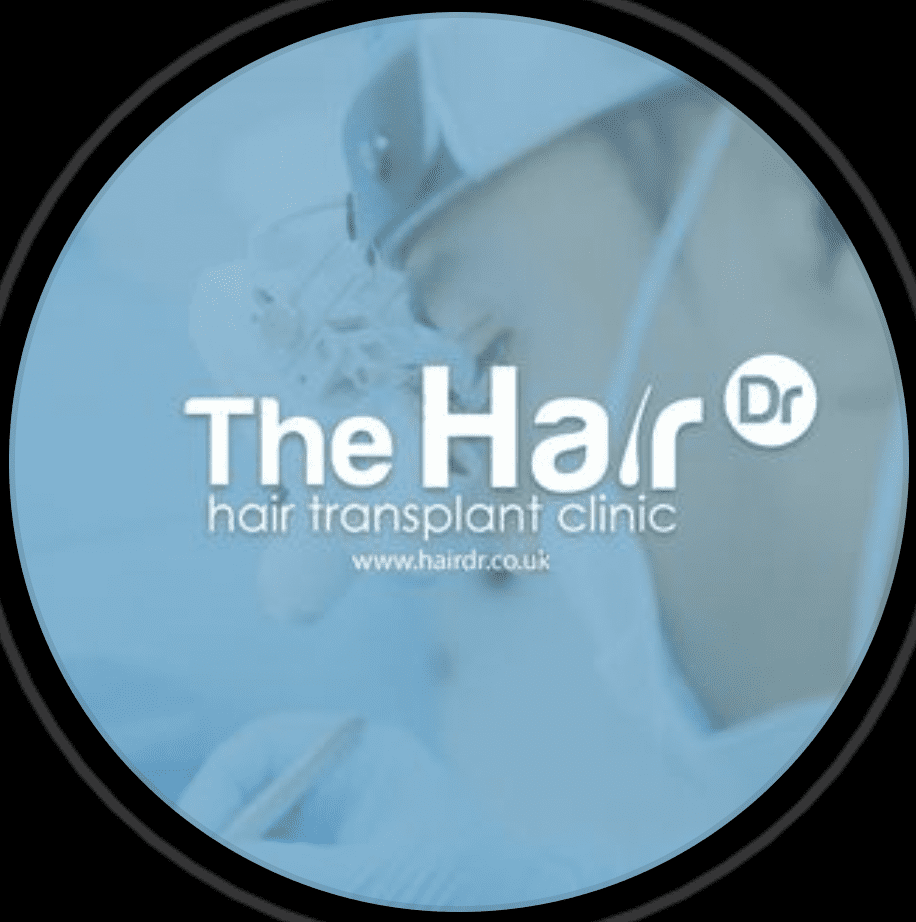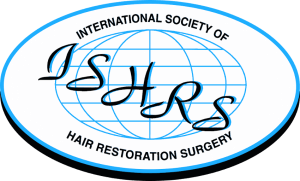Hair transplants have become a popular solution for those experiencing hair loss. However, post-procedure care is crucial to ensure the best results. Protecting your scalp after a hair transplant involves a combination of careful hygiene, proper nutrition, and avoiding certain activities that might harm the newly transplanted hair. This article provides a comprehensive guide to help you understand how to effectively care for your scalp and maximise the benefits of your hair transplant.
The Importance of Scalp Protection After a Hair Transplant
Protecting your scalp after a hair transplant is essential to ensure the survival of the grafts and to achieve the desired aesthetic outcome. Proper care helps prevent infections, reduces inflammation, and supports the healing process.
Pre-Procedure Preparations
Before undergoing a hair transplant, there are several preparations you should make to ensure your scalp is in the best possible condition for the procedure.
Consultation with a Specialist
A thorough consultation with a hair transplant specialist will help determine your suitability for the procedure and plan the best approach for your specific needs.
Scalp Health Assessment
Assessing the health of your scalp is crucial. Any underlying conditions such as dandruff, psoriasis, or infections should be treated before the procedure.
Nutritional Preparations
A balanced diet rich in vitamins and minerals can help prepare your scalp and hair for the transplant. Focus on nutrients like biotin, zinc, and vitamins A, C, and E.
Immediate Post-Procedure Care
The first few days after a hair transplant are critical. Follow these guidelines to protect your scalp and ensure optimal healing.
Initial 24 Hours
In the first 24 hours, avoid touching or washing your scalp. Your doctor may provide a saline spray to keep the area moist and promote healing.
Managing Swelling and Discomfort
Swelling and discomfort are common. Use prescribed medications and apply cold compresses to reduce swelling.
Sleeping Position
Sleep with your head elevated to minimise swelling. Avoid sleeping on your stomach or sides to prevent pressure on the grafts.
Hygiene and Cleaning
Maintaining proper hygiene is crucial to prevent infections and promote healing.
Washing Your Hair
Wait at least 48 hours before washing your hair. Use a gentle, non-medicated shampoo and follow your doctor’s instructions.
Avoiding Infection
Keep the transplanted area clean and dry. Avoid exposure to dust, smoke, and other pollutants.
Choosing the Right Products
Use mild, fragrance-free products. Avoid harsh chemicals and styling products that can irritate your scalp.
Nutritional Support for Scalp Health
A healthy diet can significantly impact the success of your hair transplant.
Vitamins and Minerals
Incorporate foods rich in vitamins A, C, D, E, and biotin. These nutrients support hair growth and scalp health.
Hydration
Stay well-hydrated to promote overall health and support the healing process.
Supplements
Consider supplements like biotin, zinc, and omega-3 fatty acids to support hair growth. Consult with your doctor before starting any new supplements.
Avoiding Harmful Activities
Certain activities can damage the newly transplanted hair and hinder the healing process.
Physical Activity
Avoid strenuous physical activities for at least a week. Light activities like walking are generally safe.
Sun Exposure
Protect your scalp from direct sunlight. Wear a loose hat or use a high-SPF sunscreen if you need to be outdoors.
Smoking and Alcohol
Avoid smoking and alcohol as they can impair healing and affect blood flow to the scalp.
Recognising and Addressing Complications
It’s important to monitor your scalp for any signs of complications and address them promptly.
Common Complications
Common complications include infection, bleeding, and excessive swelling. Contact your doctor if you experience any of these symptoms.
Managing Itching and Irritation
Itching is a common part of the healing process. Avoid scratching and use prescribed anti-itch medications if necessary.
When to Seek Medical Attention
If you notice severe pain, pus, or unusual redness, contact your doctor immediately as these could be signs of infection.
Long-Term Scalp Care
Long-term care is essential to maintain the results of your hair transplant.
Regular Check-Ups
Schedule regular check-ups with your doctor to monitor the health of your scalp and the progress of your hair growth.
Hair Care Routine
Adopt a gentle hair care routine. Use mild shampoos and conditioners, and avoid excessive heat styling.
Lifestyle Adjustments
Maintain a healthy lifestyle with a balanced diet, regular exercise, and adequate sleep to support overall scalp health.
Personal Stories and Case Studies
Hearing from others who have undergone hair transplants can provide valuable insights and motivation.
Success Stories
Many individuals have achieved excellent results with proper post-transplant care. Reading their stories can help you stay committed to your care routine.
Lessons Learned
Learning from others’ experiences can help you avoid common mistakes and optimize your own care plan.
Expert Insights
Quotes and advice from medical professionals can offer authoritative guidance on post-transplant care.
Advice from Dermatologists
Dermatologists can provide tips on maintaining scalp health and preventing complications.
Insights from Hair Transplant Surgeons
Surgeons can offer specific advice on what to expect during the healing process and how to care for your new hair.
Conclusion
Proper scalp care after a hair transplant is essential for achieving the best results. By following the guidelines outlined in this article, you can protect your scalp, support healing, and enjoy the benefits of your hair transplant. Stay committed to your care routine, and don’t hesitate to contacts us if you encounter any issues.









